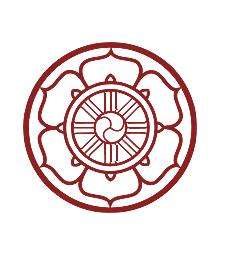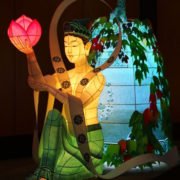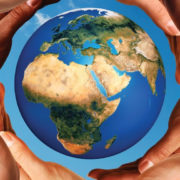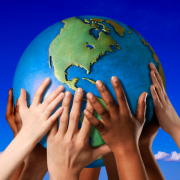Practicing With Change And Upheaval
Dear Sangha,
We are entering a new decade in 2020. In this world, many changes are happening at exponential speed. As natural process goes, the good comes with the bad. We see both laudable feats in science and technology, at the same time more frequent and unpredictable climate related disasters and now Covid-19, all over the world, which cause much suffering. Political and economic upheavals are appearing in more places. Many things are changing, changing, changing, nonstop. In the future, maybe bigger problems will appear. But a bad situation is a good situation; a good situation is a bad situation. So our growing bad situation can help us find the Great Way.
Buddha taught us more than just how to get a good life. When we see the suffering in and around us, we must raise a big question: What is this? What is life? What am I? Now is the perfect time to reach deep into our heart and mind, and wake up. Wake up to our true nature, to the infinite potential we have inside of us to help others. Nurture the true seed we have inside. Here are words from Zen Master Seung Sahn to encourage us:
“End of this world means beginning of the world. You must understand that, ok? Many people want good taste, good time, good feeling. That’s only desire, no? When fruits grow, first they have a very good colour, but are not exactly ripe yet. When it ripens, a little colour disappears. Then it is very sweet, very sweet. It has a good taste. But more time, then it becomes rotten. When rotten, then the correct seed appears. Many people want good taste, but this fruit, this world, its taste doesn’t matter, ok? All completely rotten, then the seed goes into the ground, then again comes up, and again becomes fruit. So, don’t only want good taste. Taste doesn’t matter, understand? Your thinking, your situation, your body, everything will soon become rotten. When your situation, your body, and everything is rotten, but inside your center is strong, then your correct seed appears. If you find your seed, you will not die. Your seed has no life, no death. So we must find our true seed, then only help this world.”
May all beings wake up to our Buddha nature and just do it in 2020.
Hapchang,
Zen Master Dae Bong




